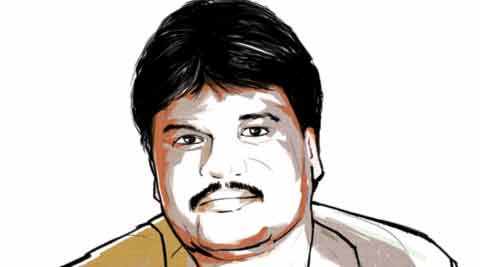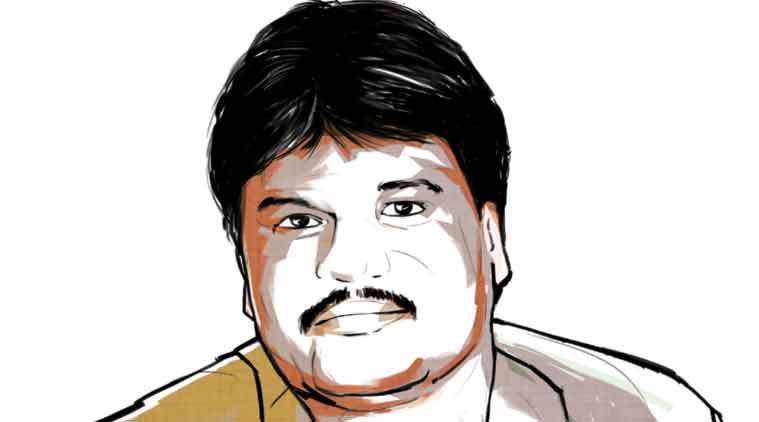Opinion Chhota Rajan challenge
The arrest of the gangster should be the first step in answering larger questions about India’s crime syndicates

 There’s considerable speculation about whether Nikhalje’s return to India is a surrender-in-disguise — an effort by an ageing criminal to seek a relatively secure retirement home.
There’s considerable speculation about whether Nikhalje’s return to India is a surrender-in-disguise — an effort by an ageing criminal to seek a relatively secure retirement home.
Extortion, drug trafficking, murder: Strange as it may sound, these are the least of Rajendra Nikhalje’s or “Chhota Rajan’s” crimes. He was much more, as a witness to a critical phase in the making of modern India, when criminality and power became inextricably entwined. Like all organised crime operations, the Mumbai syndicates provided services the public demanded, but the state denied — alcohol during prohibition, for example, or smuggled electronics when import duties were at 300 per cent. From the 1970s on, as the state system degraded, the corruption of judicial and police institutions provided crime lords with new opportunities.
They provided security, enforced contracts, resolved disputes and, over time, emerged as sources of finance. In return for impunity, they served corrupt business élites, bureaucrats and politicians. The syndicates weren’t enemies of the state — they were its creatures. Nikhalje himself, having apparently begun his career scalping movie tickets, graduated from bootlegging liquor to extortion, and eventually became Dawood Ibrahim’s key lieutenant in Mumbai. In 1989, he joined his boss in Dubai, positioning himself at the heart of the D-Company’s operations, before exiting following the 1993 Mumbai blasts.
While India’s intelligence services are believed to have allied with Nikhalje for years to wage war on the man suspected to have been behind the blasts, it is unlikely he can do much to help find Dawood.
Dawood is known to be in Pakistan, sheltered by its grateful intelligence establishment. There’s little new light remaining to be shed on the 1993 bombings — which took place when Nikhalje was well entrenched in Dawood’s order, for all his subsequent efforts to legitimise himself as a Hindu nationalist. Nikhalje’s nabbing may, at most, help resolve the question of how much he knew about the operation.
There’s considerable speculation about whether Nikhalje’s return to India is a surrender-in-disguise — an effort by an ageing criminal to seek a relatively secure retirement home — or a breakthrough by Australia’s police services. There are questions to be answered, too, about how Nikhalje evaded arrest for so long. In comparison with the big issues, though, these are trivial. The crime syndicates’ role in corrupting the republic was investigated by the N.N. Vohra Committee in the 1990s. Its appendices, believed to name top politicians, still remain secret. The present government’s test will be to ensure that the police investigation can wander where it wishes, returning with prosecutable cases.


